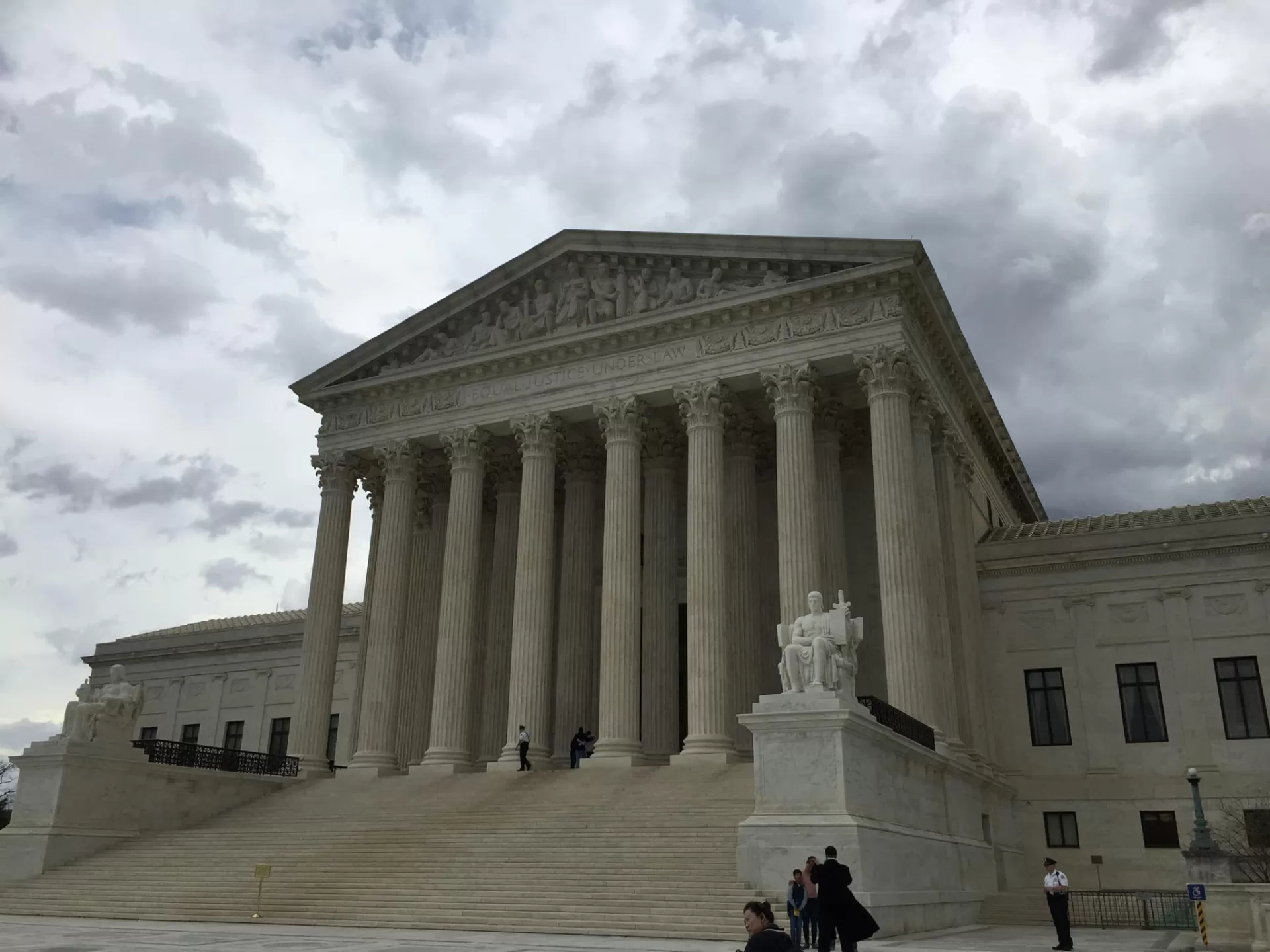The American Bar Association continues to consider amending its model ethics rules for lawyers. The proposed amendment of Model Rule 8.4 has many deficiencies, including that it substantially infringes on freedom of expression and religious conscience. Our official comment points out that it also violates the Personal Identity rights recently discovered by the United States Supreme Court in the Obergefell decision.
The Current ABA Model Rule and Proposed Amendments
Rule 8.4(d) of the Model Rules of Professional Conduct (“Rules”) currently states:
“It is professional misconduct for a lawyer to: … engage in conduct that is
prejudicial to the administration of justice. . .”
Comment [3] to Model Rule 8.4(d) currently states:
[3] A lawyer who, in the course of representing a client, knowingly manifests, by words or conduct, bias or prejudice based on race, sex, religion, national origin, disability, age, sexual orientation, or socioeconomic status violates paragraph (d) when such actions are prejudicial to the administration of justice. Legitimate advocacy respecting the foregoing factors does not violate paragraph (d).A trial judge’s finding that peremptory challenges were exercised on a discriminatory basis does not alone establish a violation of this rule.
The Commission proposes to amend Model Rule 8.4 by adding a new subsection (g):
(g) It is professional misconduct for a lawyer to: . . . (g) knowingly harass or discriminate against persons, on the basis of race, sex, religion, national origin, ethnicity, disability, age, sexual orientation, gender identity, marital status or socioeconomic status, while engaged [in conduct related to] [in] the practice of law.
An additional proposal seeks to change Comment [3] to ABA Model Rule 8.4 to read as follows:
[3] Conduct that violates paragraph (g) undermines confidence in the legal profession and our legal system and is contrary to the fundamental principle that all people are created equal. A lawyer may not engage in such conduct through the acts of another. See Rule 8.4(a). Legitimate advocacy respecting any of these factors when they are at issue in a representation does not violate paragraph (g). It is not a violation of paragraph (g) for lawyers to limit their practices to clients from underserved populations as defined by any of these factors, or for lawyers to decline to represent clients who cannot pay for their services. A trial judge’s finding that preemptory challenges were exercised on a discriminatory basis does not alone establish a violation of paragraph (g). Paragraph (g) – [sic] incorporates by reference relevant holdings by applicable courts and administrative agencies.
Our Objections
Several reasons exist why we object to the Committee’s proposed amendments to Rule 8.4 of the ABA Model Rules of Professional Conduct. Included among these reasons are [the free speech and religious conscience arguments] articulated in the Comment submitted by the Christian Legal Society and the Joint Comment submitted by 52 ABA Member Attorneys. In addition to these cogent arguments we object to the proposed amendments on another Constitutional basis.
The Proposed Amendments Unconstitutionally Infringe upon the Liberty Recognized by the United States Supreme Court in Obergefell v Hodges
If enforced by a state, the proposed amendments unconstitutionally infringe upon the liberty recognized by the United States Supreme Court in Obergefell v Hodges, 135 S.Ct. 2071 (2015).
In Obergefell, the majority held that “The Constitution promises liberty to all within its reach, a liberty that includes certain specific rights that allow persons, within a lawful realm, to define and express their identity.” This ruling was not limited to same sex marriage. The Court merely applied this broad, newly found constitutional right of self-identity to the factual context of the marriage issue before it. Indeed, the Supreme Court expressly defined this new fundamental liberty right to “include most of the rights enumerated in the Bill of Rights,” and that “these liberties extend to certain personal choices central to individual dignity and autonomy, including intimate choices that define personal identity and beliefs.” (emphasis added).
To be sure, the Obergefell decision stated that for some individuals “personal identity” may come from a person’s intimate sexual orientation and the Court then ruled accordingly. The Court’s ruling clearly comprehends that an individual’s “personal identity” could come from the person’s intimate religious faith orientation, i.e., his or her “beliefs.”
The Supreme Court determined that this new fundamental constitutional liberty right of personal identity is found in, and protected by, the Due Process and Equal Protection Clauses of the 14thAmendment to the United States Constitution. The majority opinion further explained that
“The First Amendment ensures that religious organizations and persons are given proper protection as they seek to teach the principles that are so fulfilling and so central to their lives and faiths, and to their own deep aspirations to continue the family structure they have long revered.”
In effect, in addition to any First Amendment religious protections that exist, a person now has an additional, new, fundamental constitutional right to his or her religious self-identity, and is therefore entitled to have these constitutional rights protected under the 14th Amendment.
The newly found 14th Amendment right to self-identity in Obergefell, therefore, now provides individuals and law firms greater constitutional protection than previously existed prior to the Court’s ruling. State action must not require or compel a citizen to facilitate, participate in, or provide services which are contrary to 1) a person’s self-identity rights secured by the 14th Amendment, or 2) their freedoms of expression and religious conscience protected by the 1st Amendment.
Conclusion
As applied, the proposed amendments will violate the constitutional rights recognized by the U.S. Supreme Court in Obergefell. For all the above reasons, therefore, we respectfully request the Committee to reject the proposed amendments to Rule 8.4 and Comment [3] of the ABA Model Rules of Professional Conduct.
Respectfully submitted,
/s/ William Wagner
William Wagner, Esq.
Distinguished Professor Emeritus
/s/ John S. Kane
John S. Kane, Esq.
Distinguished Professor Emeritus










